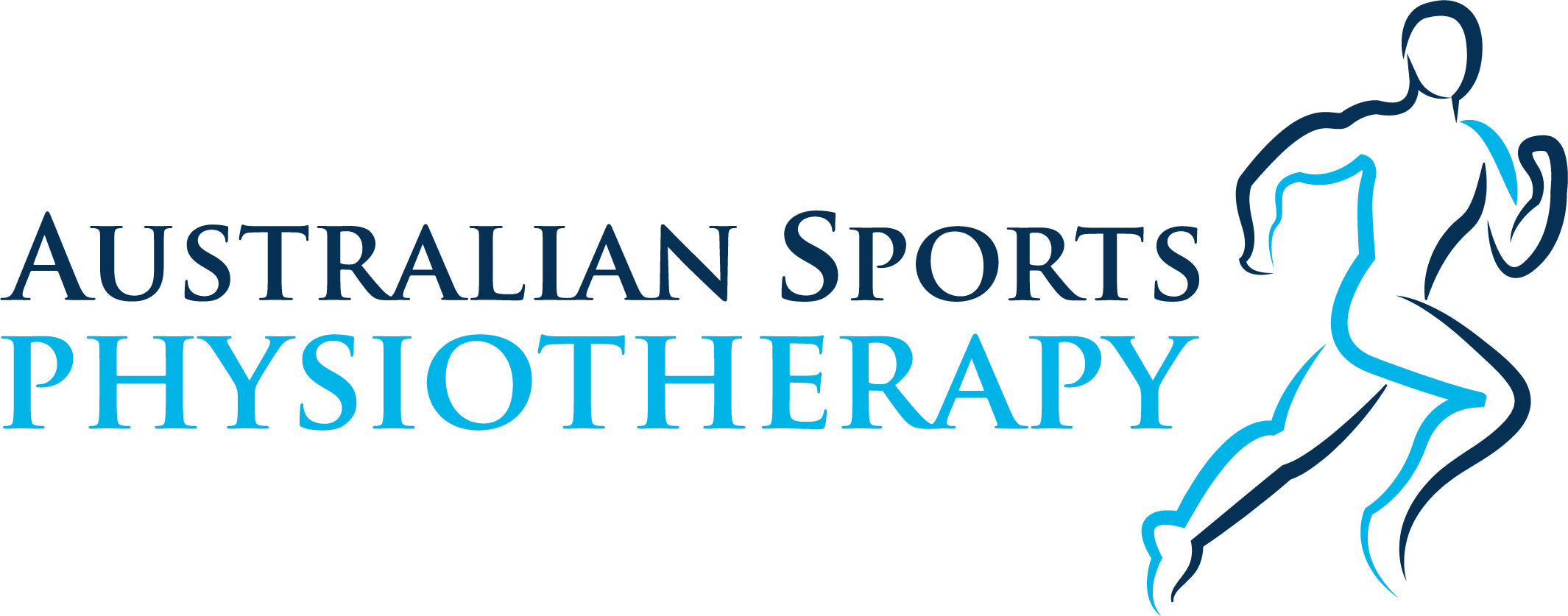If you’re one of the many who have suffered a bicep tendon tear, then you know just how frustrating and debilitating the injury can be. Even the simplest tasks can become complicated when your dominant arm is out of commission.
You’re faced with months (or longer) of physio and rehab before you can resume your previous activity level.
Fortunately, physiotherapy can help speed up your recovery and get you back to your old self in no time!
What is a biceps tendon tear?
Tendons are the fibrous bands that connect muscles to bones. The biceps tendons attach the biceps muscle to the bones in your shoulder and elbow.
A biceps muscle tear damages the muscle fibres on the front of the upper arm. It is also known as a biceps muscle strain, a biceps muscle rupture, or a pulled biceps muscle.
A biceps muscle tear can be successfully treated with physiotherapy. With a biceps tendon tear around the shoulder, most people can still function normally and only require simple treatments to relieve symptoms.
Types of biceps tendon tears
- Partial tears. Many tears do not sever the tendon completely. The tendon is only damaged.
- Complete tears. A complete tear will split the tendon in half, where the tendon completely separates from the bone.
Having an MRI can help distinguish between partial and complete biceps tendon tears.
Fraying is a common starting point for torn tendons. The tendon can completely tear when lifting a heavy object as the damage progresses.
The long head of the biceps tendon is more vulnerable to injury. This is due to its vulnerability as it passes through the shoulder joint to its attachment point in the socket. The biceps, fortunately, have two attachments at the shoulder. The biceps’ short head rarely tears.
Due to this second attachment, most people can still use their biceps after a complete tear of the long head.
Tears in the biceps tendon can cause damage to other parts of the shoulder, including the rotator cuff tendons.
Common causes of a biceps tendon tear
Biceps tendon tears are caused by two main factors: injury and overuse.
- Injury: You can tear your biceps tendon if you fall hard on an outstretched arm or lift something too heavy.
- Overuse: Many tears result from the tendon gradually wearing down and fraying over time. This happens as we get older. Overuse — repeatedly performing the same shoulder motions — can aggravate it.
Overuse can result in various shoulder issues, such as tendinitis, shoulder impingement and rotator cuff injuries. These conditions strain the biceps tendon, increasing the likelihood of it weakening or tearing.
Common symptoms of a biceps tendon tear
- Shoulder and elbow weakness.
- Upper arm pain that is sudden and sharp.
- Bruising from the middle of the upper way down to the elbow.
- There is occasionally an audible pop or snap.
- Tenderness or pain in the shoulder and elbow.
- Cramping of the biceps muscle with heavy arm use.
- A bulge above the elbow and a dent closer to the shoulder may appear.
- You may experience arm weakness and pain when forcefully turning your arm from palm down to palm up.
Physiotherapy treatment for a biceps tendon tear
Physiotherapy treatment for a biceps tendon rupture is critical to expedite healing, ensure a positive outcome, and reduce the risk of future injury. Treatment may include:
- Soft tissue massage
- Treatment with ice or heat
- Dry needling
- Stretches
- Strengthening, posture, and flexibility exercises
- Joint mobilisation
- Advice on activity modification
- Education
- A gradual return to an exercise regime
Surgical repair of a biceps tendon tear
If you have a torn tendon, you may benefit from surgery to repair it if:
- Nonsurgical treatments will not alleviate your symptoms.
- You experience muscle cramping or pain.
- You must fully recover your strength.
Surgical repair is best done within a few weeks of the injury. Due to chronic tendon retraction and scar tissue formation, a delay in surgical management may necessitate a more extensive surgical approach with reconstruction.

Final thoughts on Physio For A Biceps Tendon Tear
A bicep tendon tear is a severe injury that requires prompt treatment. While surgery is often necessary to repair the tendon, physiotherapy can play an essential role in healing.
Physiotherapy can help to reduce pain and inflammation, and it can also help to improve the range of motion and strength. In addition, physiotherapy can help prevent scarring and adhesions, making it difficult for the tendon to heal properly.
As a result, physiotherapy is an essential part of treating a bicep tendon tear. If you have suffered this injury, seek one of our qualified physiotherapists at Australian Sports Physiotherapy, who can develop a customised care plan.
Book an appointment with one of our experienced physiotherapists today for a comprehensive assessment and customised treatment plan.










